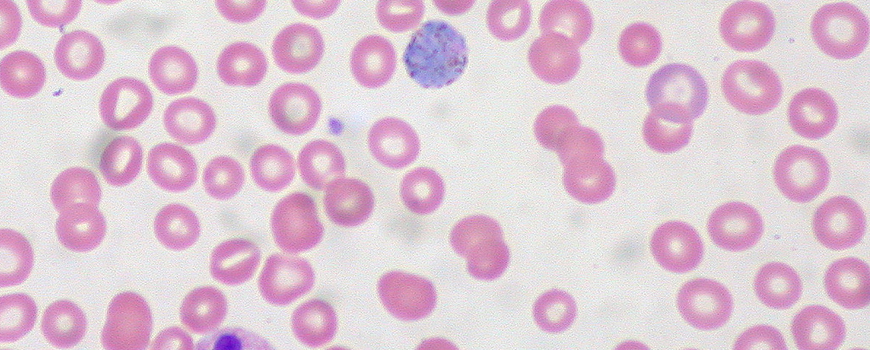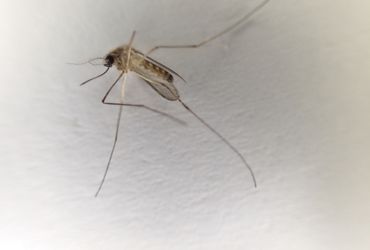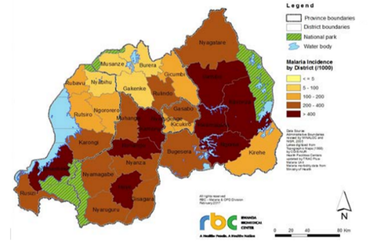Malaria
Malaria is a life-threatening disease caused by five parasite species of the genus Plasmodium transmitted by female Anopheles mosquitoes. The single celled organisms cannot survive outside of their hosts. The parasites multiply in the liver and the bloodstream of the infected person. The five Plasmodium species are:
- Plasmodium falciparum: responsible for the majority of malaria deaths globally and is the most prevalent species in sub-Saharan Africa. The remaining species are not typically as life threatening as the first one.
- Plasmodium vivax is prevalent in Southeast Asia and Latin America.
- Plasmodium ovale and Plasmodium malariae represent only a small percentage of infections.
- Plasmodium knowlesi – species infecting primates – has led to human malaria, but the mode of transmission remains unclear.




